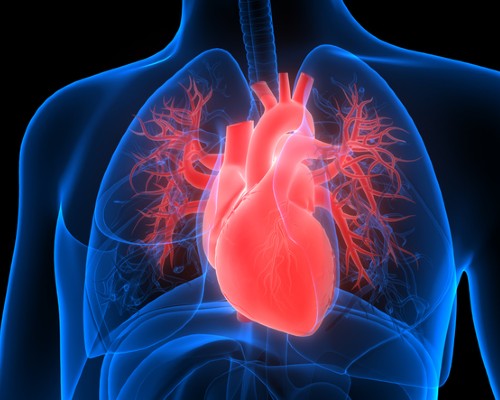
Researchers from the University of Bristol are investigating how to reduce strokes and other brain problems following heart surgery, which can be caused by tiny air bubbles left in the bloodstream after opening the heart. These tiny air bubbles stop blood getting to part of the brain.
Stroke is one of the most devastating complications following heart surgery but is rare (about one in 100 people having heart surgery). More commonly (almost one in two people having heart surgery), people notice small changes in their thinking – most of these are short-term, but some can last longer.
It is thought that putting carbon dioxide around the heart when it is being operated on can reduce the amount of tiny air bubbles getting into the blood stream, since carbon dioxide dissolves in the bloodstream more easily than air.
The study, led by Dr Ben Gibbison and researchers from Bristol Heart Institute and the Bristol Trials Centre, plan to find out if this is true, and how effective it is.
In this study, the researchers will compare carbon dioxide with medical air to see if it is effective in reducing strokes. Medical air is the same as the air around us and does not have any effects, so is the perfect placebo for the CO2 Study.
The researchers will randomise 704 participants from across the UK who are having open heart valve surgery to receive either carbon dioxide or medical air (placebo). Neither the participant, surgical team or research team will be aware of which intervention is being given.
The research started in October 2021 and is expected to produce results in April 2024. If CO2 is shown to be effective it could have wide-ranging impacts for the way heart surgery is done, and potentially increase survival rates and quality of life for people following surgery.
Dr Gibbison, Consultant Senior Lecturer in Cardiac Anaesthesia and Intensive Care at the University of Bristol, says: "If you come for heart surgery currently, you have a 50 per cent chance of getting CO2 in the wound. This study will tell us whether it is effective and everyone should use CO2 or whether it doesn't work and we should stop using it."
The CO2 Study, is funded by the National Institute for Health Research (NIHR) and sponsored by University Hospitals Bristol and Weston NHS Foundation Trust (UHBW).






